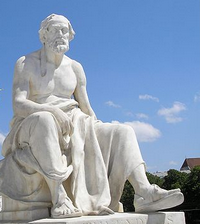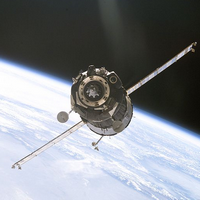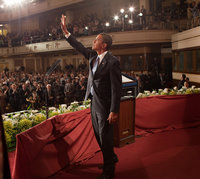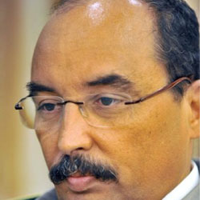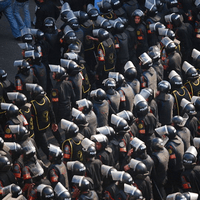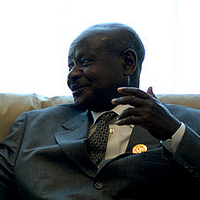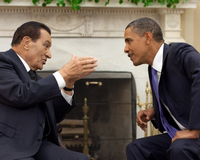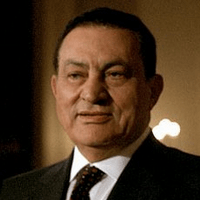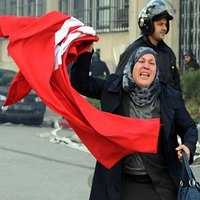
A lot of international relations theories are being stress-tested by events in the Arab world right now, with some emerging better than others. Two in particular that are worth mentioning are Ian Bremmer’s 2006 book, “The J Curve,” which predicts a dangerous dip into instability when closed, authoritarian states attempt to open up to the world; and Evgeny Morozov’s new book, “The Net Delusion,” which critiques the notion that Internet connectivity is inherently democratizing. (In the interests of transparency, I work as a consultant for Bremmer’s political risk consultancy, Eurasia Group, and penned a pre-publication blurb for Morozov’s book.) Both […]

